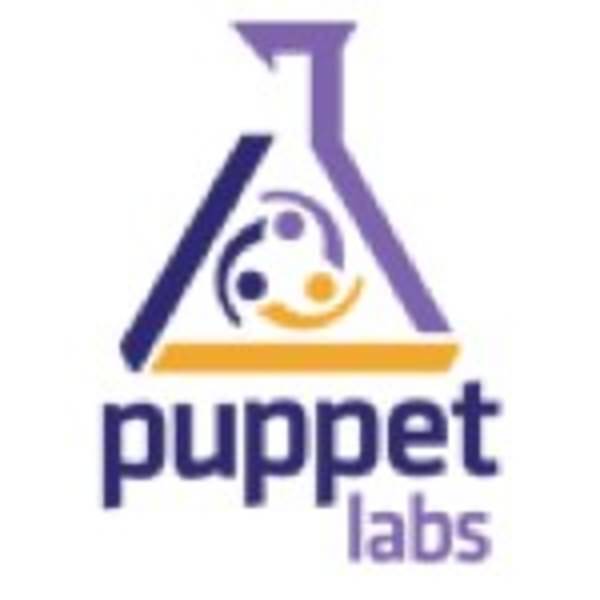Puppet Labs announced today that it is receiving $8.5 million in Series C financing from Google Ventures, Cisco and VMware. The new round of financing brings Puppet Labs up to $15.75 million, which begs the question – what does the IT automation company need with that kind of dosh?

Luke Kanies, CEO of Puppet Labs, says that the money is going into development, marketing and sales. Kanies says that the company is looking to grow faster than “organic growth” would carry the company.
But, Kanies says that the company originally didn’t set out to raise quite as much as they did in this round. According to Kanies, the company happened to find three investors that “get the disruptive trend” of IT automation. VMware and Cisco are using Puppet in their own environments, and seeing customers using Puppet as well.
Google is also using Puppet, but it’s important to understand that Google Ventures is strictly a financial investment arm, not a strategic one. Google Ventures partner Karim Faris says that they look to invest in businesses that are “irrelevant or strategic” as long as they look like a good investment. “They may be strategic [to Google] and that’s great, but that’s not how we look to invest.”
That said, Faris says Google Ventures did take notice of Google’s use of Puppet as well as a “groundswell of support” from engineers for Puppet. “When people you know and trust, engineers, come in and say ‘have you seen this tool?’ that’s what piques my attention.”
Faris says that Google Ventures was “excited about two trends” with Puppet – the flock of enterprises moving to cloud services, and the “rise of DevOps.”
Plans for Puppet
With the additional funding under its belt, expect to see Puppet further building out its sales and marketing efforts in 2012.
I wondered if Puppet might be looking into a hosted model, similar to Opscode’s hosted version. Kanies says no. “We don’t plan on adding a hosting model. It might be an interesting business in three to five years, and it’s a good way for customers to experiment with the product, but we already have good ways to experiment now” with downloadable VMs with Puppet.
Kanies did hint that Puppet would be doing more with the data it collects from hosts. “Understand the insight we bring to the table. Puppet knows more about your infrastructure than anybody else.” For example, Kanies says that Puppet can produce full configuration graphs of every machine it monitors, which can give companies a lot of information about their systems he says they can’t get from other tools.
“Some of the data is monitoring data, but this is much more about configuration data, when you updated a package, changed a user password, added a user… Puppet can give you that very easily, no one else can today.”
In the next few years, Kanies says that Puppet will be “doubling down on insight we can give to customers.”
Puppet is also improving its Windows story, which is crucial for companies that have mixed environments. While the enterprise product does not have a Windows build, Kanies says that the open source release of Puppet does support Windows clients. Puppet Labs will support using the open source client to check into enterprise hosts. So don’t expect to use Windows as a server/host for Puppet anytime soon, but if you need to monitor and work with Windows hosts, he says Puppet can do that today.
Don’t expect to see an IPO in 2012 from Puppet, says Kanies. “We’re not quite at that point yet, hopefully in 2013. This round is about letting us grow faster than we can organically. We are building a company for the long term, not building a company to sell.”
Puppet is in a fairly interesting place, particularly if it expands its features around host data and does more with its Windows integration.

















